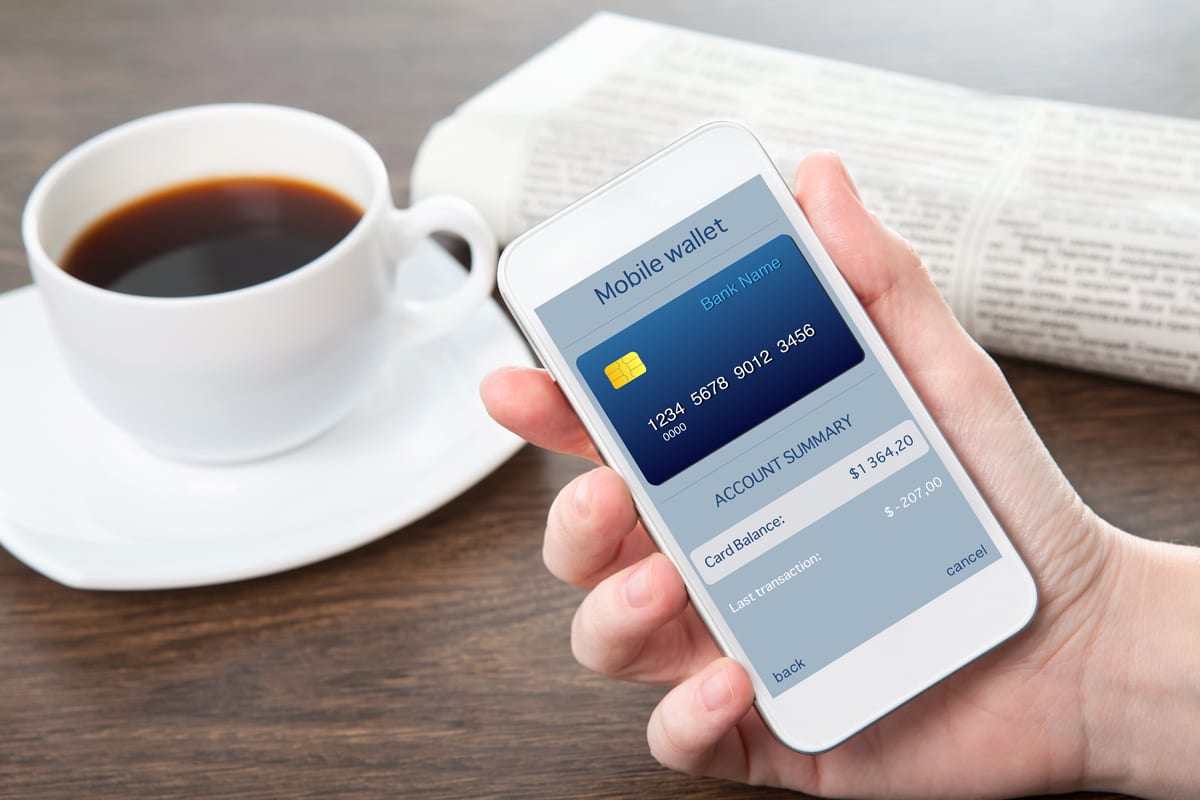Fortunes Will Be Made, and Lives Will Be Lost As We Transition to a World Without Currency
by Gary Symons
Can the world really operate without cash? The answer is yes … and it will happen sooner than you think.
The first time I realized how quickly the change was coming was in a pastry shop in Amsterdam about five years ago.
My family and I had been touring the city all day and were half-starved, so we dropped in to a prosperous, elegant little patisserie in the city centre, pointed out a couple of snacks, and then tried to pay with our little stash of Euros.
“Sorry,” said the clerk. “We don’t accept cash here.”
It took a little while to sink in; I actually thought she was kidding.
She wasn’t, and neither are the big players trying to make the world a completely cashless society.

Unimaginable wealth and power will go to those companies who take over from traditional currencies. In 2015 Visa alone earned $13.8 billion in revenues, and that doesn’t include the cut taken by the world’s banks.
There is a reason the two largest corporations in the world – Apple and Google – are focusing their efforts on mobile payments.
Just two years ago, in 2015, only three per cent of payments were made using mobile phones.
Mobile payments reached the $1 trillion mark the next year, and now a report by British-based Juniper Research predicted these types of digital wallets will account for $1.34 trillion in global spending in 2017.
Personally, I’ve been inundated with reports by industry know-it-alls who predict the decline of Apple because they haven’t developed a significant new technology, and smartphones are now all more or less the same.
Those experts clearly missed the point. Mobile payments is one way Apple, Google and others are paving the way for vast profits in the very near future.
The ubiquity of their mobile devices is allowing them to dominate the financial industry, while those ‘analysts’ argue about who has the best screen or the coolest apps.
Let’s just say I’m hanging onto my Apple shares.
THE UPSIDE FOR THE REST OF US
Going cashless makes sense for most companies, for online stores, for credit card companies, for municipal governments and the fine eggheads bringing us new payment methods like Apple Pay, Bitcoin and Blockchain Wallets, Google Wallet and so on.
And it also makes sense for most people living in modern societies. I’m a good example of that, as I honestly haven’t carried any actual cash in my wallet for over a month!
On a given day I glide through the world to a symphony of approving beeps. I press my Compass Card to the reader on the Skytrain; pay for my groceries with my Visa card; order a coffee in advance with my Starbucks app; arrange a present online for my daughter’s birthday.
Life is just easier when I don’t have to trudge several meters to an ATM, and then carry the immense burden of paper money!
HOW SOON WILL CASH DISAPPEAR?
The race to become cashless is not surprisingly being led in Europe and North America, followed by the larger economies of Asia.
A study done in 2014 for MasterCard found that the countries of Singapore, the Netherlands, France, Sweden, Canada, Belgium and the UK were all running neck and neck in the number of transactions done using ‘non-cash methods’. Another four countries, led by the USA, were considered to be at the ‘tipping point’ to become mainly cashless. (http://www.mastercardadvisors.com/_assets/pdf/MasterCardAdvisors-CashlessSociety.pdf )
Also, and maybe because of all that snow between us and our banks, Canada ranked Number One when it comes to how ready we are to become cashless, and Number Two (after Singapore) in the speed with which we are abandoning cash for plastic or digital wallets.
WINNERS AND LOSERS IN THE RACE TO ERADICATE CASH
A cashless society may work well for me, but there will be victims in the transition to a cashless society, and as usual, the victims will be the people who can afford it least. In short, the poor.
I can leave a store burdened down by hundreds of dollars of junk I just bought with my Apple Pay … and then I come across a homeless guy on the street outside, and walk on by with my arms raised in an embarrassed shrug because I literally have nothing to give.
Cities throughout the world are leading the push to eliminate cash, and several countries around the world are very close to becoming almost completely cashless.
For the less affluent, this creates huge problems. Even the leaders of Visa and MasterCard have acknowledged that the losers in this race to digitize currency is creating two new classes of people who are defined by their access to digital banking.
Ajay Banga, the CEO at MasterCard, is even calling for a global initiative to help people and less affluent countries get improved access to digital currency.
He says 70 million Americans and 100 million Europeans are “… currently unbanked or under-banked” as of 2014. If you have no access to digital cash in a cashless society, how do you function?
If you’re a homeless person with no access to a bank, or a credit card, or a mobile payment system, and NOBODY is carrying or accepting cash … how do you even live?
Banga says, quite simply, if governments and corporations don’t act to include the less affluent people and countries among us, the ‘financially disenfranchised populations’ of the world will continue to be isolated.
The poor will become poorer, while Apple, Google and similar companies become richer and richer.
As individuals it makes sense to invest in the companies who appear to be winning the digital currency race … but as a society, it makes even more sense to invest in ways to help the unbankable get access to the new currency we will all soon be using.












